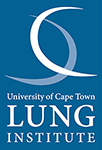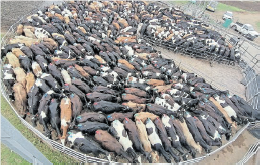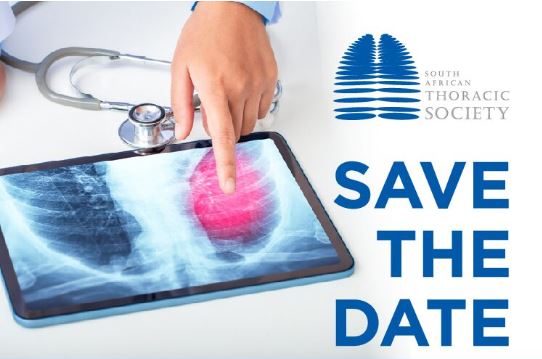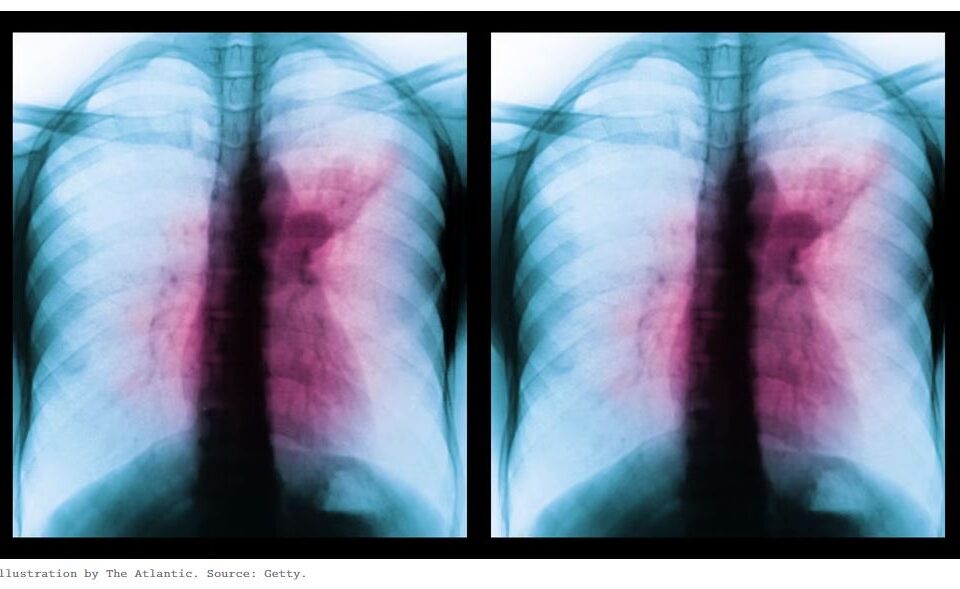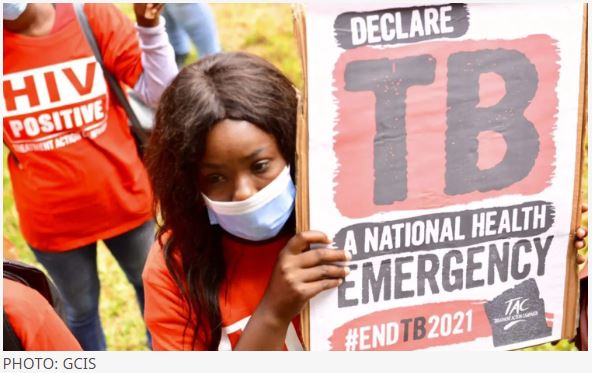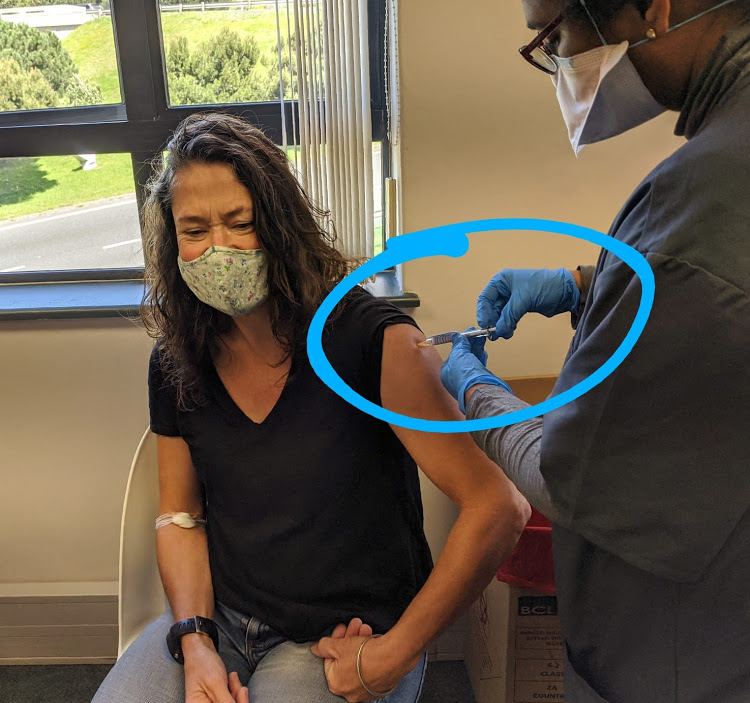


SA hits the nail on the head with its first choice of vaccine
7th January 2021


Explainer: A special lung procedure to assist people with Covid
18th January 2021Herald LIVE – By Raahil Sain and Riaan Marais – 13 January 2021
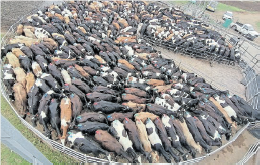

- Anti-parasite agent flying off shelves despite official health warnings
Despite official health warnings against the use of Ivermectin for the treatment of Covid-19, the animal drug is flying off the shelves as people rush to buy it in the belief that it is a treatment for the coronavirus. The use of the drug — which is commonly used to treat parasite infestations among farm animals —to treat the deadly virus has been condemned as risky and unethical by the government.
In addition, health authorities have not approved its us-age for treatment of Covid-19. This has not prevented a run on the animal medicine, with people who have used it insisting it has been a saving grace that can do no harm. Eastern Cape livestock farmers who need Ivermectin are struggling to get their hands on the right products because those containing the drug have been sold out at agricultural trade stores.
The Herald’s sister publication, Daily Dispatch, reported yesterday that the Eastern Cape health department would investigate a prescription for Ivermectin which appears to have been signed at the Tayler Bequest Hospital in Matatiele. The prescription reportedly carries the department’s stamp.
The animal anti-parasitic medication has not been sanctioned for use in treating Covid-19 by either the health department or the SA Health Products Regulatory Authority. The authority prohibited the drug for human consumption last month after it emerged on several social media platforms that it was being promoted as a cure for Covid-19.
However, it reportedly said it had occasionally granted permits for the drug’s use for treatment of individuals with conditions such as scabies or head lice. Former Port Elizabeth resident Lutfia Moosajie, 40, tested positive for Covid-19 at the weekend, and opted to use the controversial drug, she disclosed in an Instagram post on Monday.
Moosajie said she had most of the common symptoms of the disease caused by the coronavirus, including a tight chest. She confirmed to The Herald yesterday that she was using Ivermectin, saying she believed that were it not for the drug, she would have landed up in hospital because her symptoms were severe. “Yes I’m still fatigued and yes I am still weak but it was [worse] until I took the [Ivermectin],” she said.
Moosajie, who now lives in Durban, said the tablets were selling for between R4,000 and R7,000 a sheet of pills on the black market. Nelson Mandela Bay resident Farzana Kajee, 51, did not contract Covid-19 but decided to take Ivermectin tablets as a preventive measure. She said she received the drug from someone who had brought it over from Bangladesh. “We got the tablets for free and were in contact with others who contracted the virus so I was scared and we decided to use it as a preventive measure. “There were no side effects and we felt normal,” she said. A Durban Covid-19 sufferer who resorted to using Ivermectin said the tablets usually sold for R650 a sheet of 10, but prices had skyrocketed as demand increased.
The 43-year-old man, who declined to be named, said he took two tablets together with a host of other medication usu-ally prescribed for Covid-19 patients by doctors.
He said he experienced shortness of breath and struggled to walk. “I couldn’t pick up if the Ivermectin made a difference or not,” he said. He said he gave Ivermectin to his entire family as a preventive measure, including his 80-year-old mother, his wife and their 19-year-old daughter. He claimed they experienced no side effects. “We got the liquid form from a vet for my wife and it had to be mixed with water in accordance with body weight.”
University of the Witwatersrand critical care professor Guy Richards said the side effects of Ivermectin were dose-related and could include neurological side effects as well as headaches, dizziness, diarrhoea, muscle pain and drowsiness. “But so long as the recommended doses of the human format are taken it is generally safe.” Richards said there was no conclusive evidence that suggested the efficacy of Ivermectin for the treatment of Covid-19. He likened the drug to hydroxychloroquine, which also had some enthusiastic supporters, but the efficacy of which was based on weak evidence. “I understand the reason why people want to use it be-cause we don’t have any effective therapy in those patients who are critically ill,”Richards said.
“But as of yet the cumulative evidence is not particularly convincing, certainly in my mind anyway. “It ’s an anti-parasitic agent—it’s not an antiviral agent.” Richards said there was also no evidence the drug would benefit patients as a preventive measure. University of Cape Town & Groote Schuur Hospital division head of pulmonology Prof Keertan Dheda said Ivermectin could kill SARS-CoV-2 (Covid-19) in a test tube but whether it would convincingly prevent death or people being admit-ted to hospital in the real world remained unclear.
“The mechanism of action is not well understood but Ivermectin is thought to inhibit pathways within a cell that are required for transport of viral proteins. “This is thought to be the basis of its antiviral activity against a host of viruses including HIV, influenza and dengue virus.
“Because it manipulates the person’s own pathways, it is known as a host-directed therapy. “In other words, it is not an antibiotic that directly acts on the virus itself. “It does so by manipulating host immune and biochemical pathways.” Dheda said though there was some evidence from clinical trials, it was of a low quality and did not provide confidence for the drug to be widely used. “However, there are several trials in progress and the results should be released soon, which will provide more direction.
“It should be noted that there are several previous examples (for example, hydroxychloroquine, Lopinavir/Ritonavir —a drug used to treat HIV—Tocilizumab and so on) where there were initially very promising preliminary signals but subsequent controlled clinical trials failed to show any benefit of the medication (in some cases these promising medications were shown to be harmful).” Last month, the SA Health Products Regulatory Authority said it did not approve Ivermectin for the treatment or prophylaxis (prevention) of Covid-19 infection.
A statement on the authority ’s website reads: “It is also important to note that while Ivermectin is considered generally safe, side effects include skin rash, nausea, vomiting, diarrhoea, stomach pain, facial or limb swelling, neurologic adverse events (dizziness, seizures, and confusion).”
It said at present no Ivermectin clinical trial applications had been submitted for review.
In addition, the authority had received no applications to register Ivermectin for either prophylaxis or treatment of Covid-19. Farmers, meanwhile, are struggling to get their hands on products they need to treat their livestock for harmful parasites. Ivermectin is the active ingredient in a range of over-the-counter agricultural products used to treat sheep, goats, cattle and other animals for internal and external parasites. These products predominantly come in an injectable solution and the quantities administered vary based on the strength of the solution and the animals being treated. Ivermectin is most commonly administered after a rainy period when parasites are more abundant.
CJ Fouché, a sheep farmer near Middelburg in the Eastern Cape, said he used a product call Ivermax to treat his sheep for parasites. However, he had been struggling to get enough of it because his usual suppliers were suddenly out of stock. “I phoned a number of shops, suppliers and sales representatives in the area and they were all waiting for stock. “I needed the product last week, but the earliest I could get it was on Monday. “All the usual suppliers say they have been inundated with orders,” Fouché said. OVK, one of the county’s biggest agricultural services providers, said it was struggling to keep its retail stores in stock because products containing Ivermectin were selling rapidly.
The manager for retail stores in OVK’s southern region, Armandt Horne, said it was the only distributor of the product and, though it had enough supply, it was struggling to keep the shelves fully stocked. “The problem is that our trade stores are selling out, then it takes time to get them restocked. “We can’t keep our shelves full.” Horne said Ivermectin was not usually in such high demand at this time of the year. Agri Eastern Cape president Douglas Stern said he was aware of a sharp increase in sales of products containing Ivermectin, and knew of short-ages of the drug at some retailers that sold agricultural products.
“I hope that farmers who really need it can get their hands on the necessary products,” Stern said. News24 reported yesterday that a memorandum from the ministerial advisory committee on Covid-19, sent to health minister Zweli Mkhize on January 7, had said the use of Ivermectin for the treatment or prevention of Covid-19 was not justified until more conclusive evidence was available. The memorandum added that the use by people of unregulated products containing Ivermectin was risky and unethical.
https://www.heraldlive.co.za/news/2021-01-13-covid-fears-trigger-rush-on-unproven-animal-drug/
